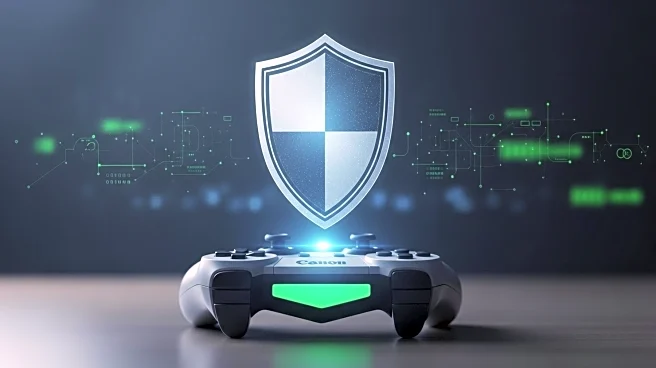What's Happening?
Activision has reported significant progress in its anti-cheat efforts for Call of Duty, particularly with the Ricochet system. In August, over 55,000 cheaters were disrupted, with some experiencing in-game mitigations like disappearing weapons and exploding vehicles. The Ricochet system not only bans cheaters but also studies their behavior before permanently banning them from all Activision games. The company has also implemented permabans for accounts used to boost others and conducts regular leaderboard purges. Activision is addressing player concerns about remote attestation, which verifies PC security settings, and plans to improve communication about this feature.
Why It's Important?
The effectiveness of Activision's anti-cheat measures is crucial for maintaining fair play and integrity in online gaming, particularly in popular titles like Call of Duty. By enhancing its anti-cheat systems, Activision aims to provide a better gaming experience and protect its player base from unfair practices. This development is significant for the gaming industry, as it sets a precedent for other companies to follow in combating cheating. The improvements in anti-cheat technology could lead to increased player satisfaction and retention, ultimately benefiting Activision's business and reputation.
What's Next?
Activision plans to require PC players to enable Secure Boot and TPM 2.0 for the upcoming release of Call of Duty: Black Ops 7. New Ricochet systems will be tested during the game's beta access period, with full protections launching with the game's release. The company will continue to adapt its anti-cheat strategies to address evolving cheating methods and enhance player communication regarding security measures.











